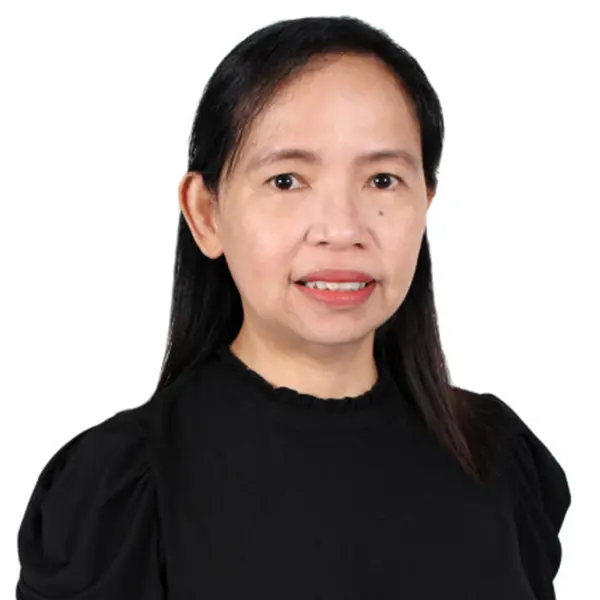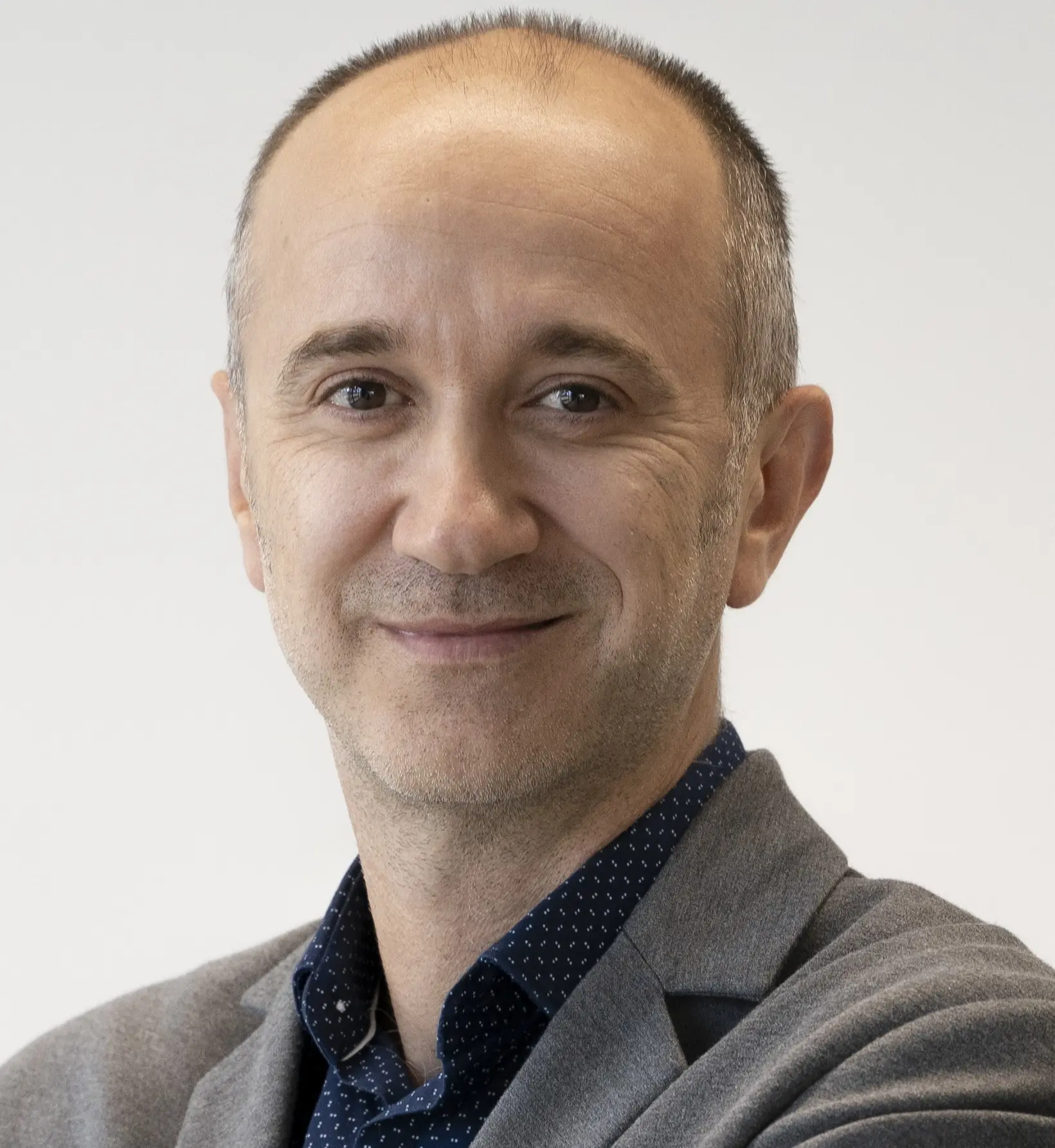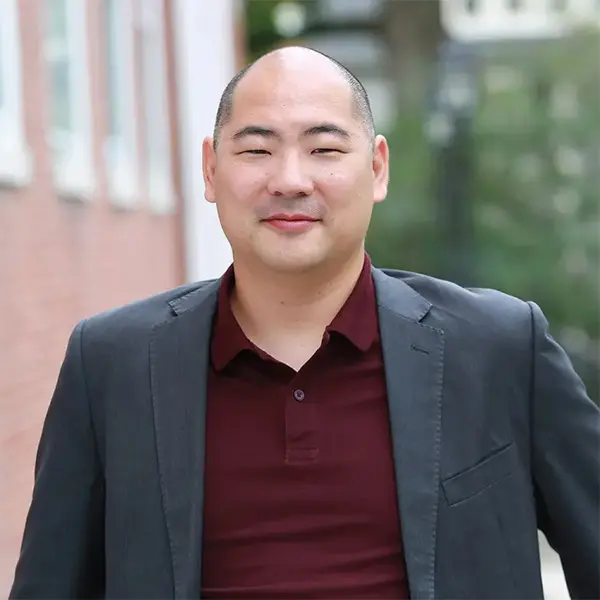Keynote Speakers
Michelle Banawan
Asian Institute of Management
C1: Sub-Conference on Artificial Intelligence in Education/Intelligent Tutoring Systems (AIED/ITS)
Learning from Generative AI for Cognitive and Pedagogical Advancement
In an era where Generative AI (GAI) is rapidly transforming education, understanding the cognitive models and knowledge-building processes behind these tools is crucial for educators. This keynote explores the role reversal of learning from GAI—not just in terms of the output it generates but through an in-depth examination of its underlying cognition and reasoning frameworks. By dissecting how AI models like ChatGPT O1 process knowledge, construct reasoning paths, and engage in problem-solving, we can glean insights that reshape how we approach instructional scaffolding and educational design.
The talk will delve into how educators can leverage this understanding to develop more sophisticated scaffolding techniques, informed by GAI’s cognition models. Emphasizing the transition from surface-level interactions to a deeper engagement with AI’s knowledge construction methods, we will explore strategies that educators can adopt to enhance critical thinking, problem-solving, and inquiry-based learning in students.
Relevant to ICCE’s mission to advance educational technology, this presentation offers a forward-looking perspective on how generative AI tools provide not just an instructional aid but also a model for developing more effective educational frameworks grounded in cognitive science and AI reasoning.

Dr. Michelle Pacifico-Banawan currently leads the Bachelor of Science in Data Science and Business Administration at the Asian Institute of Management as Academic Program Director, the Philippines’ first Transnational Higher Education Program with the University of Houston. With a Ph.D. in Computer Science from Ateneo de Manila University, her academic career and work has been centered on bridging technology with education, as evidenced by her postdoctoral research at Arizona State University's Science of Learning and Educational Technology Laboratory and her leadership in academia. Her current work extends to pivotal advocacy and research on the impact of Generative AI (GAI) in education and various domains.
Dr. Banawan's dedication to integrating GAI into educational paradigms has seen her actively engage as a resource speaker globally, sharing insights and practical applications of GAI across education, industries, and beyond. She is currently involved in various initiatives in shaping future educational strategies through GAI in Asia and the Pacific. This advocacy allows her to contribute to developing trust in AI systems, governance, creating meaningful engagements, and prioritizing pedagogy to harness AI's potential effectively.
Dragan Gašević
Monash University
C3: ICCE Sub-Conference on Advanced Learning Technologies (ALT), Learning Analytics and Digital Infrastructure.
Getting ready for the age of AI: Developing self-regulated learners
The burgeoning field of generative AI presents both opportunities and challenges for education. While AI offers powerful tools, concerns about information accuracy and how individuals interact with generative AI tools underscore the need for strong self-regulated learning (SRL) skills. This talk explores strategies for educators and education technology developers to foster SRL in students, empowering them to become independent and adaptive learners. Drawing on the findings of multiple empirical studies, it will examine the implications of generative AI on SRL abilities, focusing on how learners can effectively engage in evaluative judgment, apply learning strategies, and solve information problems. The key takeaway is that the use of generative AI tools may limit learners' ability to effectively deploy and develop their SRL skills. The talk will also highlight promising ways to address these limitations. Finally, it will explore potential partnerships to equip educators with the tools needed to prepare learners for an AI-integrated learning landscape.

Dragan Gašević is Distinguished Professor of Learning Analytics and Director of Research in the Department of Human Centred Computing of the Faculty of Information Technology and the Director of the Centre for Learning Analytics at Monash University. Dragan’s research interests center around data analytic, AI, and design methods that can advance understanding of self-regulated and collaborative learning. He is a founder and served as the President (2015-2017) of the Society for Learning Analytics Research. He is a recipient of the Life-time Member Award (2022) as the highest distinction of the Society for Learning Analytics Research (SoLAR) and a Distinguished Member (2022) of the Association for Computing Machinery (ACM). In 2019-2023, he was recognized as the national field leader in educational technology in The Australian’s Research Magazine that is published annually. He led the EU-funded SHEILA project that received the Best Research Project of the Year Award (2019) from the Association for Learning Technology.
Mirjam Hauck
The Open University UK
C6: ICCE Sub-Conference on Technology Enhanced Language Learning (TELL)
Critical Virtual Exchange for Critical Global Citizenship Education
UNESCO’s (2014) broad definition of Global Citizenship Education is centered on the aim to “empower learners to engage and assume active roles, both locally and globally, to face and resolve global challenges and ultimately to become proactive contributors to a more just, peaceful, tolerant, inclusive, secure and sustainable world” (p. 15). Scholars like Stein and Andreotti (2021) whose works is grounded in critical pedagogy and postcolonial theory, question such common understandings of GCE which foreground self-improvement and the development of leadership skills to save the world rather than addressing the economic and cultural roots of the inequalities in the way power and wealth/labor are distributed in a global complex and uncertain system. They challenge hegemonic discourses, the masking of global complexity, and the perpetuation in education of colonial ideologies, and they encourage us “to think otherwise” (Andreotti, 2006, p. 7).
Similarly, Helm and Hauck (2020) distinguish between hegemonic and non-hegemonic forms of virtual exchange (VE). VE refers to structured online collaborative learning between geographically and/or culturally diverse groups of students, aimed at fostering intercultural dialogue through digitally mediated project work. VE is a research-informed practice and serves as a valuable tool in advancing Internationalisation at Home in Higher Education, integrating intercultural dimensions into curricula, and expanding opportunities for global learning beyond physical mobility.
Reljanovic Glimäng (2022) adds an additional conceptual layer to Helm and Hauck's distinction, namely the notion of safe (hegemonic) versus brave (non-hegemonic) spaces in VE where learners can engage in thinking otherwise.
Non-hegemonic, brave VE, then, is critical virtual exchange (CVE) which I propose as an ideal context for critical Global Citizenship Education in Andreotti’s (2006) sense, i.e. with notions of power, voice, and difference at its core. I will introduce a framework for CVE (Hauck, 2023; in press) that highlights what distinguishes this approach to Internationalisation at Home (Beelen and Jones, 2015; O’Dowd & Beelen, 2021) from VE as we know it, and will present exchange examples from both the Global North and the Global South that speak to the CVE agenda.

Dr. Mirjam Hauck is the Director of The Open Centre for Languages and Cultures and Associate Head for Internationalisation, Equality, Diversity and Inclusion in the School of Languages and Applied Linguistics at the Open University UK. She is also a Senior Fellow of the UK’s Higher Education Academy and has written numerous articles and book chapters on the use of technologies for the learning and teaching of languages and cultures, in virtual exchange (VE) contexts in particular, i.e. online collaborative learning between groups of students in different cultural contexts and/or geographical locations.
Currently her scholarly work focuses on theorizing and framing the nascent field of critical virtual exchange (CVE), i.e. VE through the social justice and inclusion lens which aims to ensure more equitable and inclusive student exchange experiences.
Dr. Hauck presents regularly at conferences, seminars, and workshops worldwide. She is the President of the European Association for Computer Assisted Language Learning (EUROCALL), and the Chair of the Language and Culture Expert Community of the European Association for International Education (EAIE). She serves as Associate Editor of the CALL Journal and is a member of the editorial board of ReCALL and LLT.
Seiji Isotani
University of Sao Paulo / Harvard University
C5: ICCE Sub-Conference on Educational Gamification and Game-based Learning (EGG)
Personalized Gamification Experiences: From Design to Impact
The one-size-fits-all approach to designing gamification experiences has led to uneven results. While it may work well for some, it can demotivate others due to its failure to account for individual or domain-specific differences. This issue is particularly problematic in educational settings, where learning outcomes are strongly linked to student motivation and engagement. In response, personalized gamification offers a promising solution by tailoring learning experiences to individuals. However, several key questions must be addressed to achieve effective personalization: What specific elements should be used to adapt the design? How does gamification influence students, and how does its impact evolve over time? How can personalization be (semi-)automated to ensure scalability and efficiency? In this keynote, I will synthesize findings from multiple studies conducted by my group, exploring the impact of gamification on learning and motivation, as well as various strategies for personalization. These strategies include the use of player profiles and learning activity types to adapt gamification designs through machine learning. Our empirical studies indicate that personalized gamification can enhance students' flow experience, motivation, and learning outcomes. Additionally, we examine potential risks, such as gender bias in the design of gamification systems, which may lead to unintended consequences.

Seiji Isotani is a Visiting Professor of Education at the Harvard Graduate School of Education and a Professor of Computer Science and Learning Technology at the University of São Paulo, Brazil. He earned his Ph.D. from Osaka University, Japan, and was a postdoctoral researcher at Carnegie Mellon University. For over 15 years, Isotani has dedicated his research career to advancing the science of how people learn with interactive and intelligent educational technologies, and to exploring the design and implementation of public policies that ensure every student receives the personalized support needed for fulfilling and meaningful educational experiences. He is renowned for his work in the fields of Gamification in Education and Artificial Intelligence in Education for resource-constrained environments. Since 2017, he has served as a technical and scientific advisor to the Brazilian Ministry of Education, designing and implementing public policies related to educational technologies. He was a key contributor to the development of norms for the K-12 Computer Science Curriculum in Brazil and to the design and implementation of educational policies that have significantly influenced over 50 million students nationwide. Examples include the policy to evaluate, acquire, and distribute books to every student in the country, the establishment of the Brazilian National Hybrid Learning Network, and the Policy for Learning Recovery. The latter policy was acclaimed at the 2022 World Economic Forum as a groundbreaking post-COVID-19 innovation.




